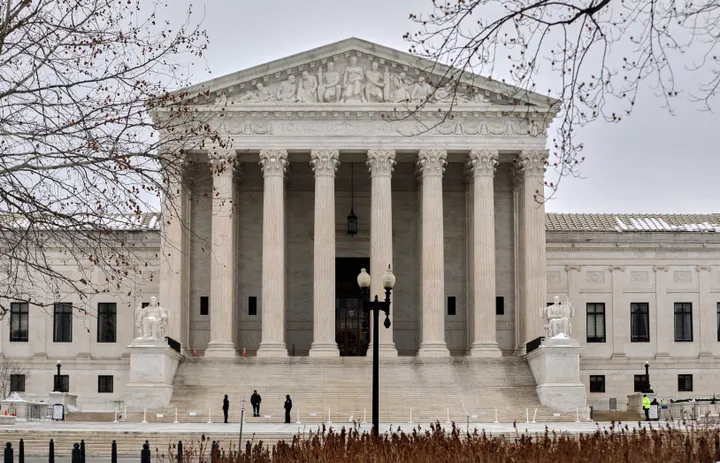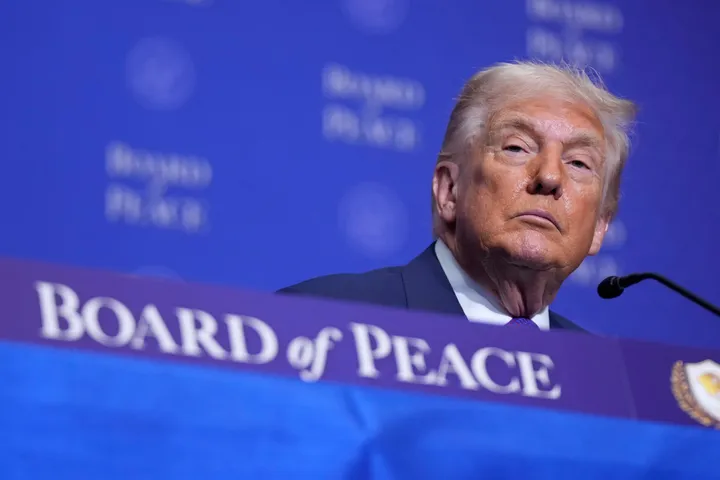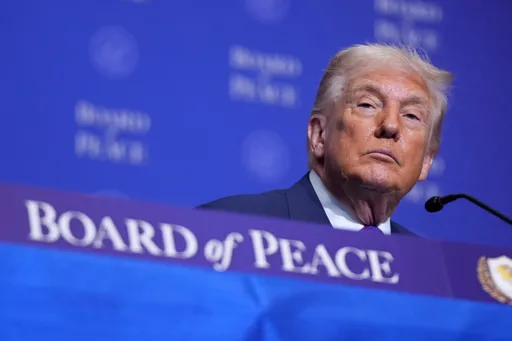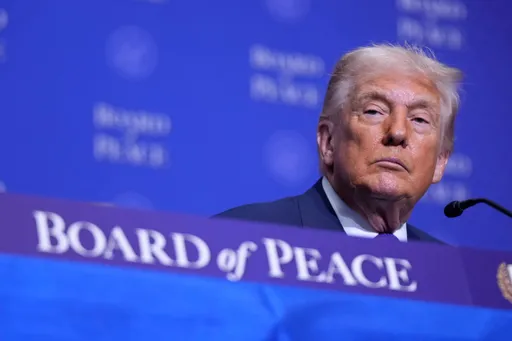Nuclear energy supporters including politicians and activists have sought to polish the industry's spotty image, using the COP27 climate summit in Egypt to argue that atomic power offers a safe and cost-efficient way to decarbonise the world.
The International Atomic Energy Agency, an intergovernmental organisation that seeks to promote nuclear power, opened an exhibit on Wednesday at the UN climate gathering of global leaders in Egypt – its first time doing so in 27 years of the annual international climate negotiations.
"Many countries faced with sharply rising energy costs and heightened security of supply concerns are turning to nuclear power," the IAEA said in a release announcing the exhibit on expounding the technology's potential in the fight against climate crisis.
US Special Climate Envoy John Kerry, meanwhile, pumped up the industry on Tuesday at a news conference at the summit announcing the US Export-Import Bank (EXIM)'s formal interest in providing $3 billion in financial support for a nuclear plant in Romania.
"We have a viable alternative in nuclear ... This is one of the ways in which we can achieve net-zero," he told reporters, referring to an international target of cutting net greenhouse gas emissions to zero by 2050. "We don't get to net zero by 2050 without nuclear power in the mix."
The United States has already earmarked billions of dollars toward keeping existing nuclear power plants open as part of a broader strategy to decarbonise the economy and is hoping to encourage new projects.
READ MORE:Pakistan seeks climate compensation in Egypt COP27 summit
'Good business'
Wealthy countries - like poorer ones - stand to reap huge economic, social and environmental gains by swiftly ramping up renewable energy and other climate action, the new UN climate chief said.
"It's good business for them to embrace the transition," which offers everything from cheaper power to less pollution, Simon Stiell said in an interview. "It's a healthier, wealthier future."
The problem in making that change is "there's so much vested interest in where we are. That's the challenge."
Stiell, who grew up in the Caribbean island nation of Grenada, says his job is to become the world's "accountability chief" - in charge of ensuring global plans and pledges to deal with climate crisis are carried out by governments, companies and others.
It is an enormous job, particularly as a 2030 deadline looms to cut global emissions by nearly half, or face soaring warming-linked losses, even as fossil fuel emissions keep rising.
READ MORE: COP27: UAE and Egypt ink deal to build one of world's largest wind farms























